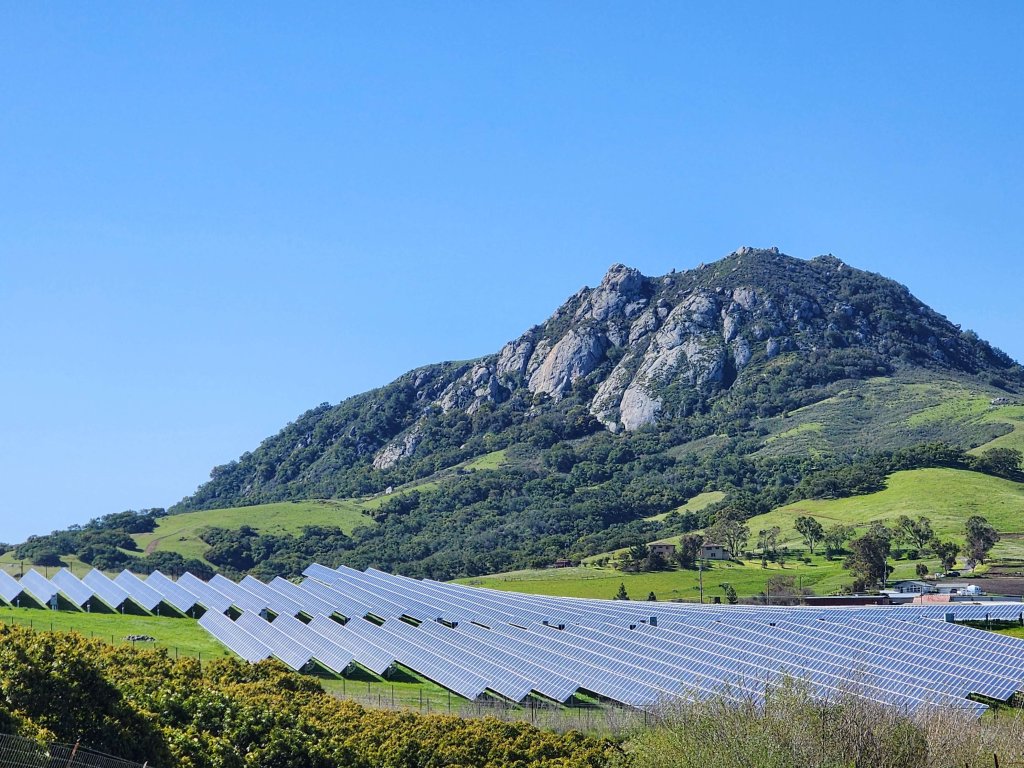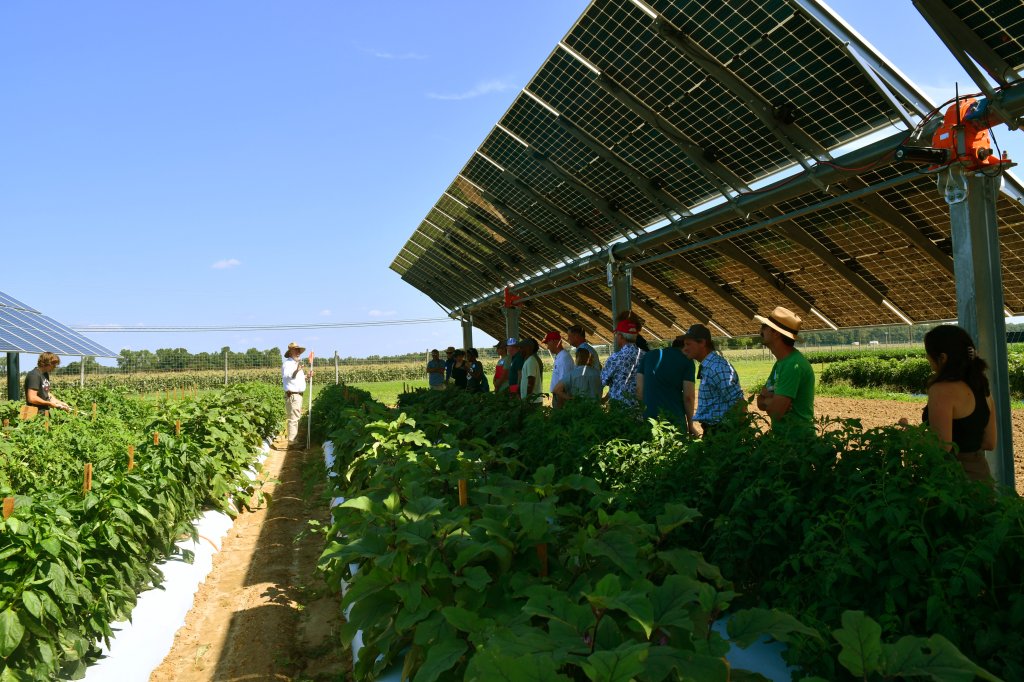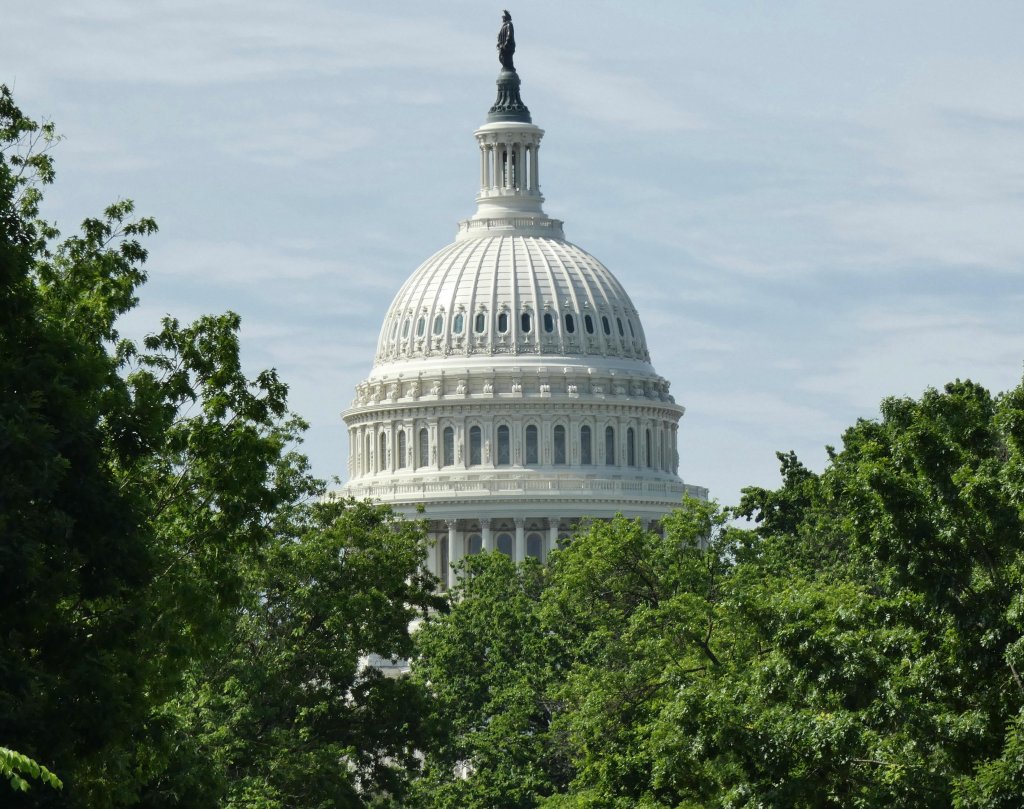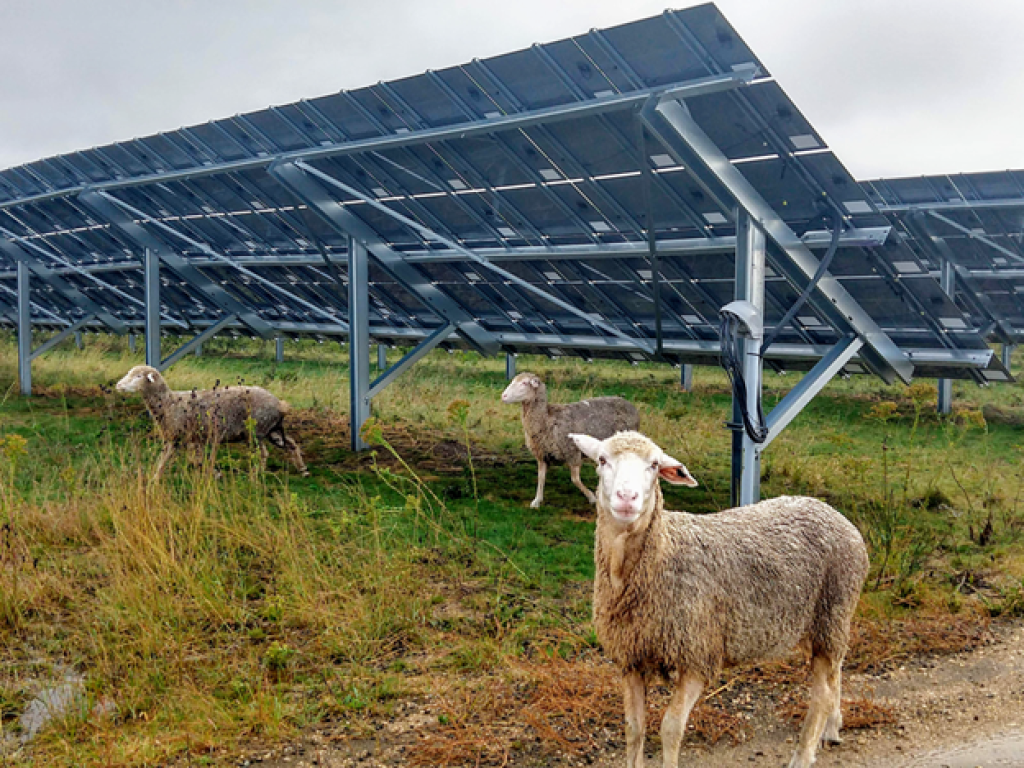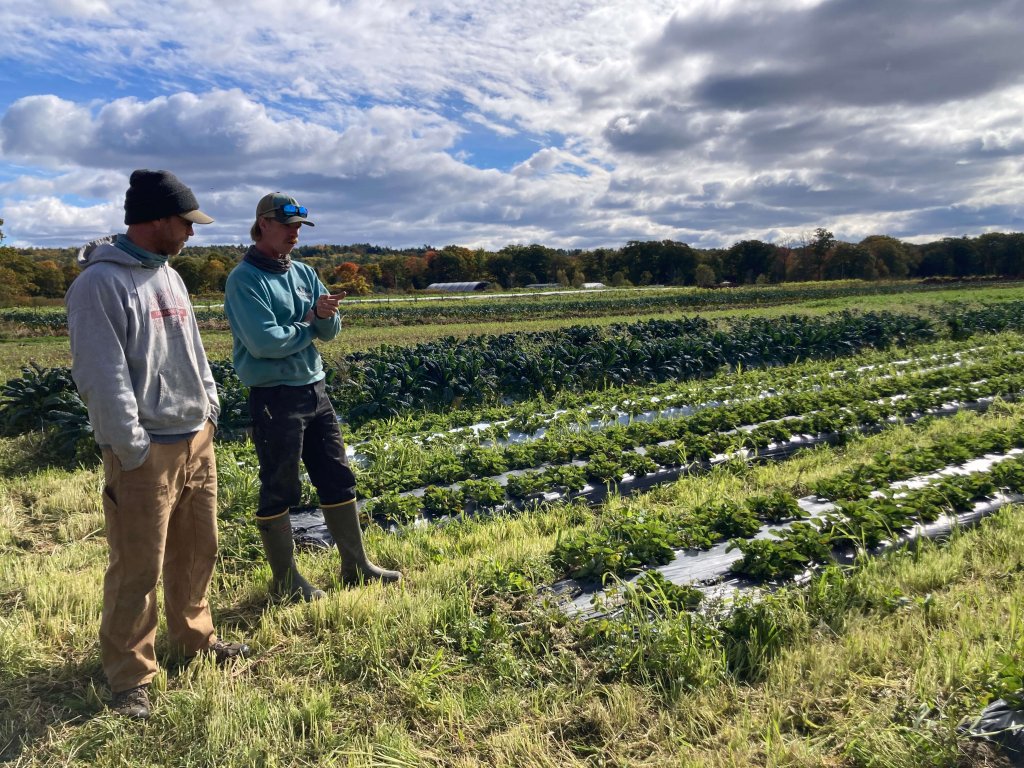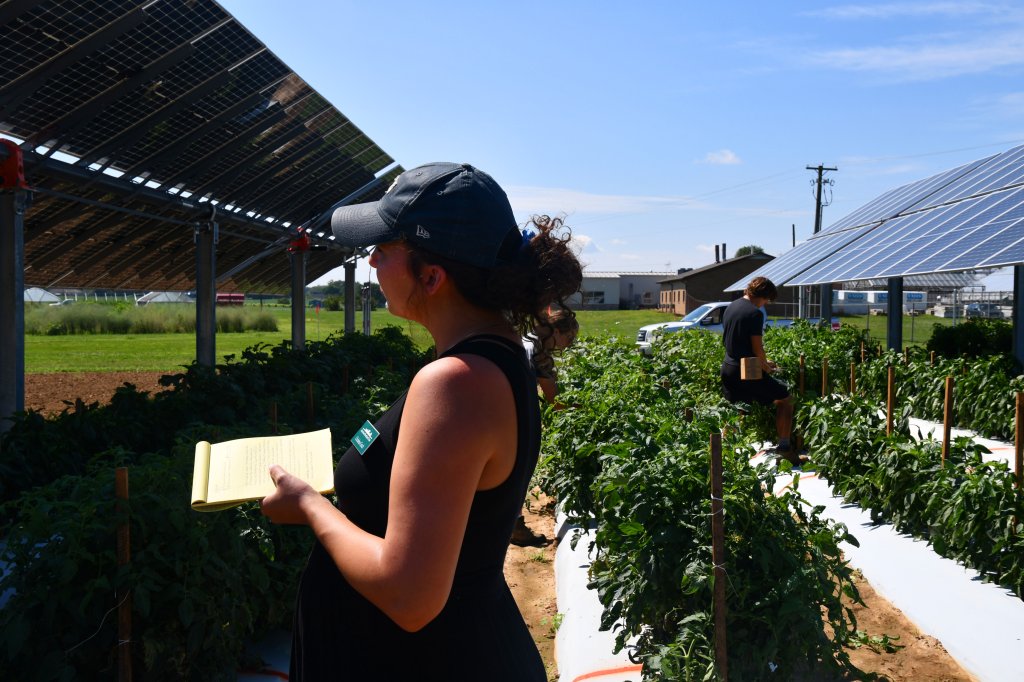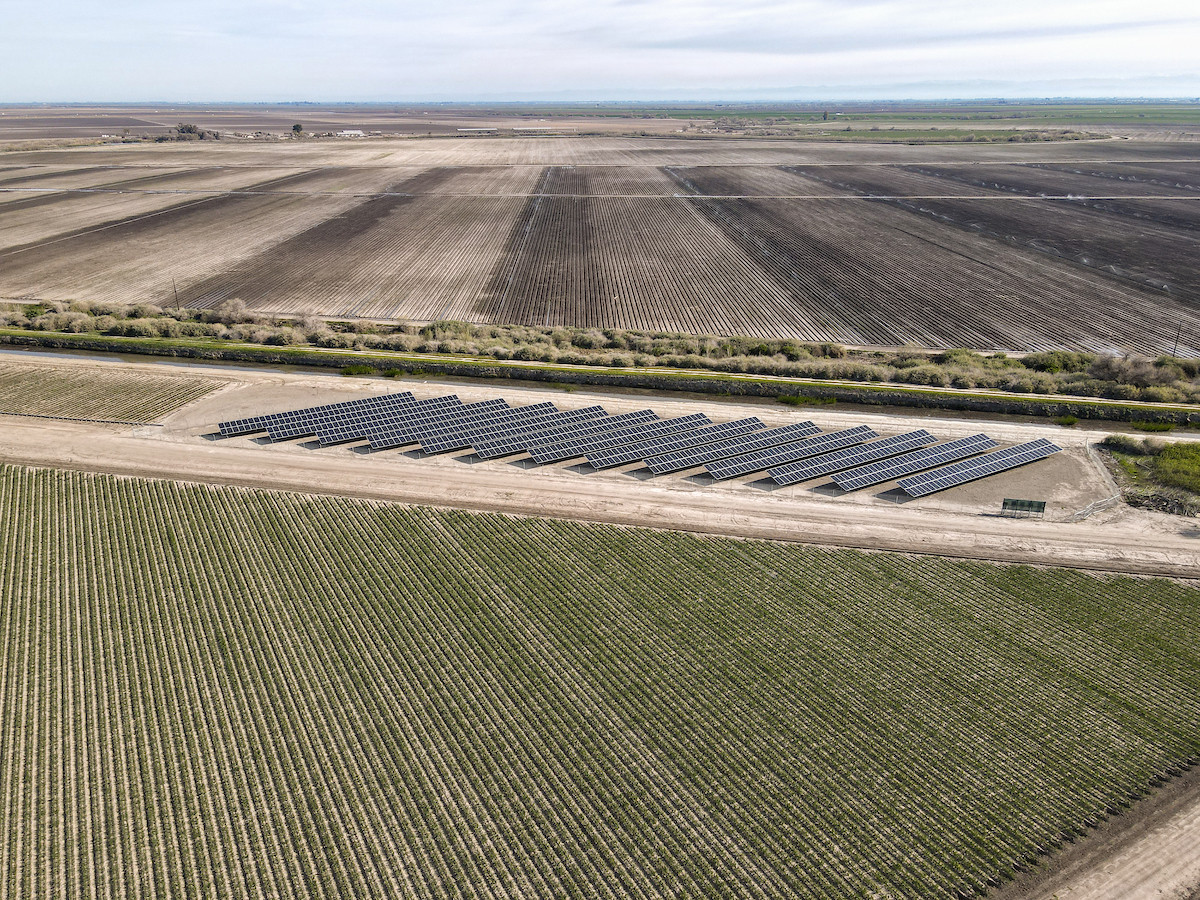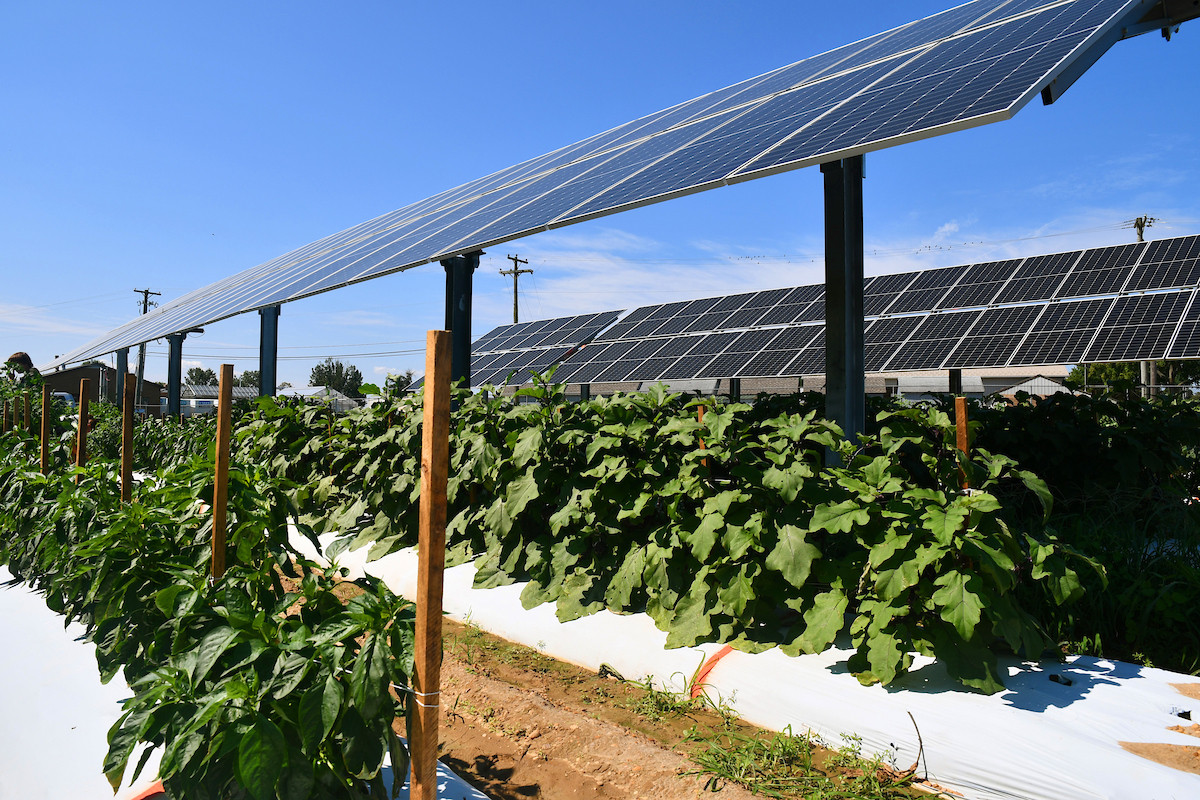Smart Solar℠ Policy Recommendations
Maximizing the positive benefits for farmers and farm communities while minimizing the negative impacts on farm viability will require the enactment of proactive policies—especially by state and local governments responsible for land use decisions. Everyone has a role to play in advancing these policies, whether you are a farmer, community member, developer, farm organization, clean energy buyer, or a policymaker.
With input from experts and AFT partners, AFT has developed a suite of policy recommendations for all levels of government that will protect farmland, farm viability, rural economies, and agricultural land access while accelerating solar development to address climate change. Based on AFT’s Smart Solar℠ principles, federal, state, and local policymakers can advance policies that:
Empower communities to define and steer solar development to preferred sites, like the built environment and contaminated and marginal land, to prevent the conversion of land well-suited for farming out of production,
Require minimum standards for developers to follow that will safeguard soil health and productivity during construction, operation, and decommissioning, and preserve future water access and rights when siting solar on farmland,
Expand development of agrivoltaic projects (the pairing of solar energy generation with agricultural production) through research, demonstrations, incentives, and support, and
Advance equity and farm viability by promoting distributed solar and protecting low-income ratepayers from potential energy cost increases.
Policymakers at different levels of government have unique and critical roles to play: the federal government can invest in research and provide trusted, technical information to support community decision-making. In contrast, state and local governments are primarily responsible for the permitting and land-use decisions that will shape the future of their communities. AFT staff are available to support policymakers in implementing recommendations with maps and other information, especially in regions where AFT has solar specialists and policy staff.
Please refer to the resources below to get started!


